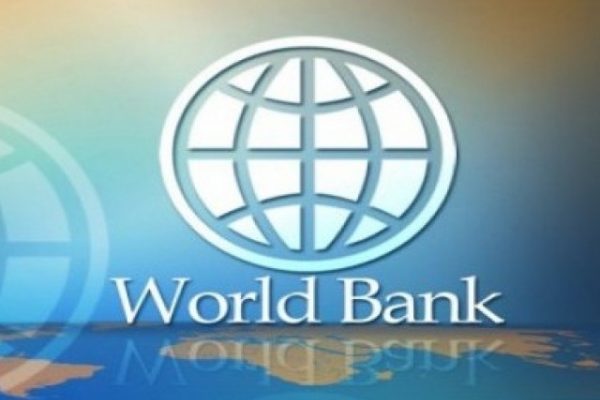The World Bank has expressed satisfaction with the implementation of National Fadama Development Project (Fadama III) aimed at increasing food security, income of its users and reduction of rural poverty.
Marie-Francoise Marie-Nelly, the World Bank Country Director for Nigeria, conveyed the institution’s contentment in an interview with the News Agency of Nigeria during a World Bank Programme Assessment Meeting in Abuja.
Fadama is a Hausa name for irrigable land, usually low-lying plains underlaid by shallow aquifers found along major river systems.
In addition to providing a source of water for livestock during dry seasons, Fadama also supports large and diverse residence for transient wildlife, including herbivores, carnivores and migratory birds.
The World Bank-sponsored Fadama III Project, is being implemented in 35 states and the FCT and it is a follow-up to the Fadama II project, which impacted the lives of rural farmers, raising their incomes by 63 per cent.
In view of the success recorded, Marie-Nelly told NAN that the Fadama III project had been extended for another two years with additional 200 million dollars provided for the period.
She said: “We had initially put almost $300 million.
“We have just added $200 million additional financing because it is extending for another two years and will carry on till the end of 2015.
“What we really need is to align Fadama with the Agricultural Transformation Agenda, which the government has decided it wants to see agriculture as a business.
“So instead of producing in small quantities, we have farmers consolidate their production.
“For example in the case of Kogi State, they have the project to transform cassava by developing staple crop processing zones, building cassava plants and factories.
“We make the farmers aggregate their production and also scale it up to produce throughout the year.
“So it’s a beautiful project.”
Marie-Kelly explained that in one of her visits to a Fadama site in Kogi State, women cooperative groups were seen actively involved in the processing and transformation of cassava.
She added: “In producing garri, some were harvesting, pilling, washing, cleaning, transforming and drying with a special oven.
“It is fantastic to see the value chain and to share the revenue among themselves.
“Fadama is fantastic.
“It’s just amazing.
“It is a community-driven approach so the communities decide what they want to do.
“They put 10 per cent of their own resources in addition to the Fadama fund.
“Fadama is doing a lot in livestock, poultry, cassava production and more importantly, I see a lot of transformation of products, which needs to be scaled up.
“What I like very much is the fact that farmers have developed Fadama User Groups, where women and men have organised and grouped themselves for more sustainable agricultural activities.”
The World Bank director said that the rural populace had been duly empowered through skills and capacity building to improve their livelihoods and increase income generating activities.
NAN reports that financing of the project comprises of $250 million from the International Development Agency and $200 million counterpart contributions from the federal, state, local governments and beneficiaries.
Trending
- Kebbi sacks 21 Education Secretaries
- NAHCON Chairman debunks Masha’ir contract cancellation rumours, assures Nigerians of smooth 2025 Hajj
- Wema Bank kicks off 80th anniversary celebration with “80 Years of Spreading Love” Valentine campaign
- EKEDC commences distribution of free meters to customers under Meter Acquisition Fund scheme
- Bauchi female journalist dies after battling brain tumor
- Akwa Ibom: Four houses razed, shops destroyed as Eket, Esit Eket attack Ibeno Village in renewed land clash
- NAFDAC seizes fake drugs in Anambra market raids
- Nasarawa governor names 16 commissioner nominees


